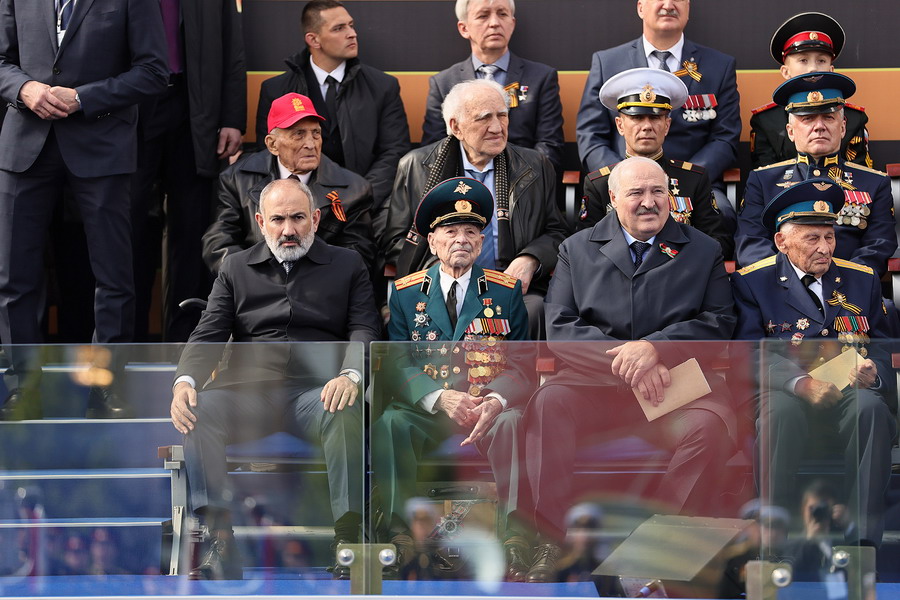Supporters of the current government of Armenia say: “How right Pashinyan is doing, gradually reducing Russia’s influence in our country and leading our country to independence and decolonization.” Opponents of the Armenian government say: “How wrong Pashinyan is behaving, breaking our ties with the age-old ally at the request of the West and leaving our country defenseless.”
Russian ultra-fanatic websites and authors rumble. “Why is our leadership so friendly to former Soviet countries, mainly Armenia and Kazakhstan? Don’t they see that Pashinyan and Tokayev have turned towards the West? They only take from us, don’t give anything, and have betrayed their centuries-old ally?”
While giving emotionally different interpretations, those three groups say precisely the same things. From this, they are at least like-minded, if not forces serving the same purpose and seeming to be opposite only from the outside.
The starting point of all those judgments, as if Pashinyan has “turned” or is “preparing to turn” to the West, is wrong. We are talking about the Prime Minister of Armenia, who participated in the May 9 parade in the country’s capital, whose air force and missiles hit the civilian population of Kyiv and other Ukrainian cities almost daily.
Read also
Or take the text with which Pashinyan recently congratulated Putin on Russia Day. “The allied relations between Armenia and Russia, which have passed the experience of time and have a rich history, have reached a new qualitative level in the last thirty years.” Did the former presidents of Armenia write warmer words?
“Pro-Westerners,” “pro-Russians,” and the “imperialists” know very well that the West is not a player in the issue of Armenia and Artsakh. It is a sad reality for me, but we should not ignore the facts for wishful thinking, even more so for the sake of propaganda. There is Russia and Turkey; the trade is between them. After our defeat in the war, Turkey’s position has naturally strengthened.
But Russia will continue to control a certain part of Armenia’s territory. That part can be called an “independent state” and have a nominal leader, even if it is the same Pashinyan or someone like him who is satisfied with “ruling.”
The problem is not Pashinyan or anyone else. The problem is the majority of citizens are not concerned with real sovereignty.
Aram ABRAHAMYAN























































